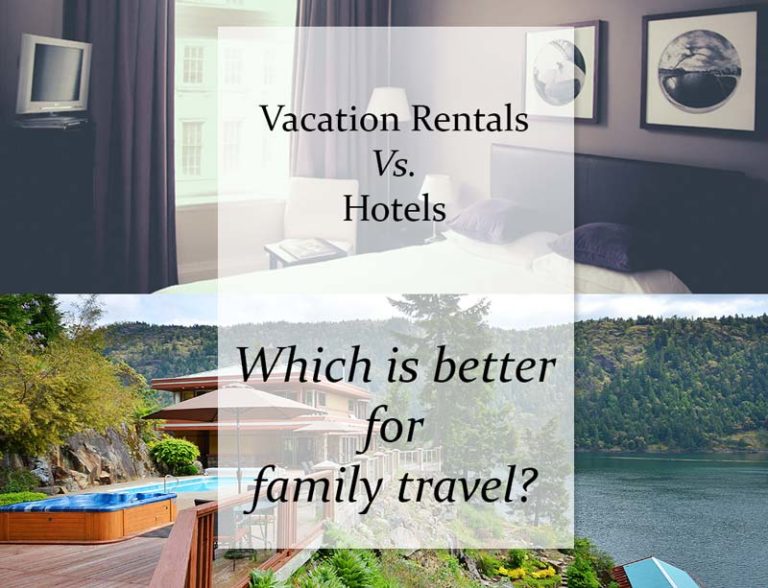Recently, the Province of British Columbia has implemented new short-term rental regulations to address the housing shortage that took effect on May 1, 2024.
Since the law has gone into effect, here’s what you need to know:
Key Points:
- Principal-Residence Requirement: Short-term rentals must be in the operator’s principal residence, a secondary suite, or a laneway home.
- Exemptions: Certain properties can be exempt from these requirements.
Exemption Criteria:
There are two main exemption categories that most properties will fall under:
Existing Strata Hotels and Motels:
- Must provide hotel/motel-like accommodation.
- Must have:
- Staffed front desk on site.
- Housekeeping services for overnight accommodations.
- A dedicated web platform for short-term rentals.
New Strata Hotels and Motels:
- Must meet all the above service requirements and legal-use restrictions.
OR
At least one strata lot must be unusable as a principal residence due to:
- Zoning restrictions.
- A rental management agreement.
- A restrictive covenant or covenant under section 219 of the Land Title Act.
However, there are some new exemptions that have been outlined by the government:
Accessory dwelling unit
- A self-contained living unit with its own kitchen, sleeping area, and washroom facilities, and which is located on the same property as a dwelling unit.
- Can be a garden suite, laneway home, carriage house or garage suite.
Fractional ownership
- Fractional ownership refers to a situation where a host owns a part or fraction of a property with the right to use it for an equal fraction of the year.
- The owner is restricted from using the property as their principal residence because of rules outlined in the fractional ownership agreement.
Home exchange or house swapping
- A home exchange is an arrangement where a person offers a right to use the person’s property for accommodation in B.C. in exchange for the right to use another person’s property.
Outdoor Recreational Activity
- Outdoor recreational activities, as defined in section 8 (2) of the Prescribed Classes of Property Regulation, are certain activities that are typically connected to lodges.
- These activities are either organized by or through the operator of the overnight commercial accommodation, or are carried out with a guide:
Community-Specific Updates:
- Parksville:
- Approximately 400 properties along Resort Drive are exempt.
- Exemption based on municipal tourism zoning and covenants in place.
- Exemption ensures continued operation of tourism accommodations, preventing economic impact.
- Predator Ridge in Vernon:
- Also received an exemption due to zoning for short-term rentals.
Impact on Property Owners and Renters:
- Property Owners: Ensure your property meets exemption criteria or adjust to the new regulations.
- Renters and Visitors: Expect more properties to shift from short-term rentals to long-term housing, but certain areas will still offer tourist accommodations.
FAQ:
Q: What happens if my property doesn’t meet exemption criteria?
Your property must comply with the provincial, regional and municipal requirements for short-term rentals. Please check this link for a full list of exemptions to see if your home or property qualifies!
Q: Can new properties qualify for exemptions?
Yes! But they must meet all service and legal-use requirements as outlined. For a full list of exemptions to see if your property or home qualifies, click here!
Q: How will these changes impact tourism?
Key tourist areas like Parksville and Predator Ridge have received exemptions to maintain tourism accommodation availability. However there are many areas that will be heavily impacted by this legislation and will undoubtedly have an adverse affect on tourism. How severe the impact will be and how communities will cope with the changes are yet to be seen.
Q: What if I booked a vacation rental before May 1st? Will my booking be honoured?
If you have booked a short term rental before May 1st it is up to the host and platform that you booked with to ensure that your booking follows the new guidelines. Guests will not face fines for staying in a short term rental that does not comply with the rules because the responsibility lies with the host and platform. While many operators are already operating in compliance with the new laws, you might want to do due diligence and ask what the legal status of the property is to ensure you don’t run into any issues.
Q: How do I know which communities are exempt from Short-Term Rental regulations in B.C.?
A full list of communities where the new requirements do apply is available on the provincial principal residence requirement page.
For further details, property owners and guests are encouraged to review the full criteria and ensure the property you’re staying at is in compliance with BC’s new Provincial and Local Regulations.




